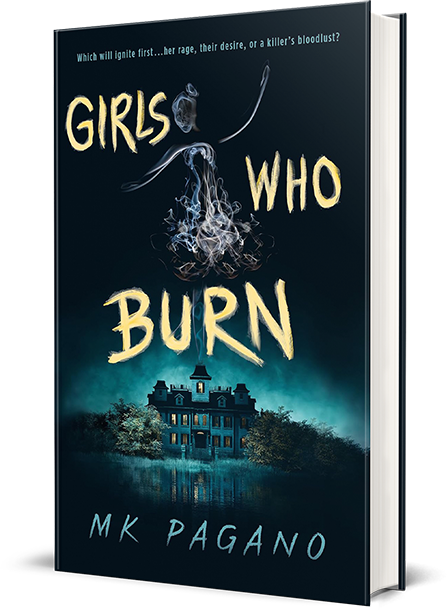Improve Your Writing: On Dialogue Tags

Just time for a quick writing lesson today…
So. Dialogue is important in storytelling, particularly in fictional storytelling. What the characters say (and what they don’t say!) tells us not only about the plot of the story, but about the characters themselves, and the characters are the things that make up the meat of your story. (There are also plot-driven stories out there, but I will be a forever lover of character-driven stories.)
Dialogue tags are basically, “he said, she said.” (More on why “said” is the best word to use later.) You use them for clarity’s sake–but you also want to use them as little as possible. Take this passage:
“I’ve had enough,” I said.
“What do you mean?” he asked. He took a step towards me, his expression playful.
“I mean, I’m tired of your games,” I said. I backed up slightly, putting more space between us.
“What games?” he asked. He took a step closer. “These aren’t games,” he said.
“I don’t believe you,” I said. I put up my hands, as if for protection in front of me.
He walked right up to me until my palms were inches from his chest, and said, “I mean, I’m serious about this. You and me. Us. Whatever this is.”
So what’s wrong with this passage?
Too many dialogue tags.
As there are only two people talking here, you don’t need every instance of “I said” and “he said.” After the first two, it becomes implied.
Also? Whenever it makes sense, you should marry dialogue with action to show who’s speaking.
Consider:
“I’ve had enough,” I said.
“What do you mean?” He took a step towards me, his expression playful.
“I mean, I’m tired of your games.” I backed up slightly, putting more space between us.
“What games?” He took a step closer. “These aren’t games.”
“I don’t believe you.” I put up my hands, as if for protection in front of me.
He walked right up to me until my palms were inches from his chest. “I mean, I’m serious about this. You and me. Us. Whatever this is.”
See how that’s better? You’re not confused about who says what, because they take an action right before or after speaking.
Eliminating unnecessary dialogue tags is a crucial part of your editing process. It makes your writing tighter, better, and makes your word count go down (a constant struggle for me!)
Of course, there are instances when you need all your dialogue tags–for example, when there are more than two speakers. As always, the best way to tell what works and what doesn’t is to read well-written books. They’ve pretty much got it down 🙂
Photo by Alejandro Escamilla on Unsplash

